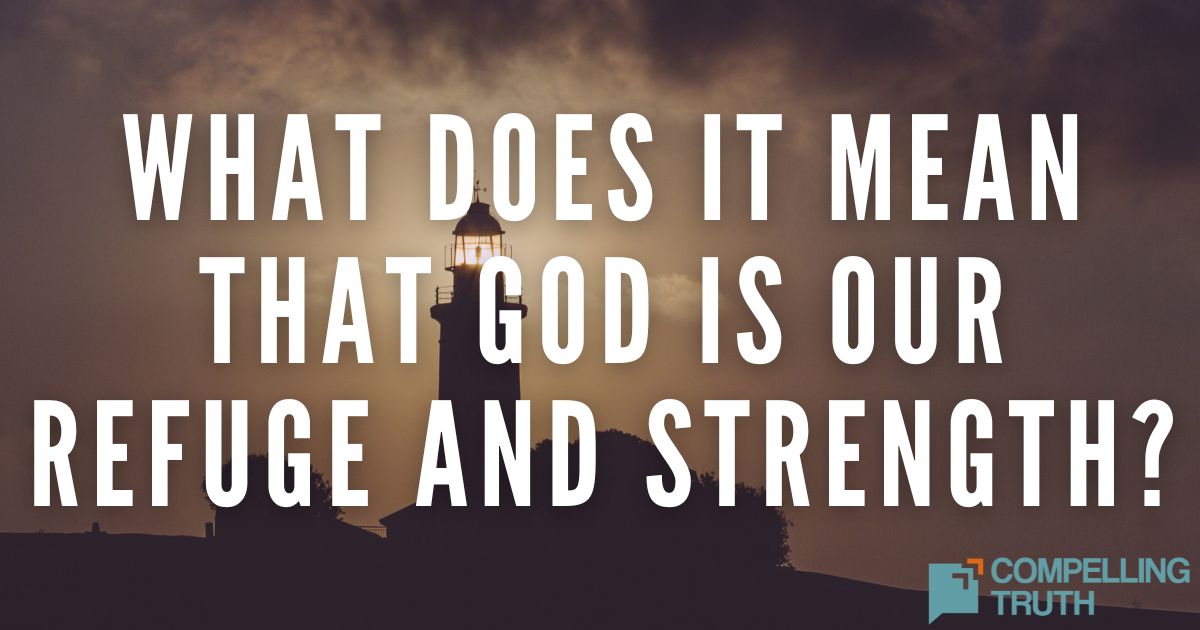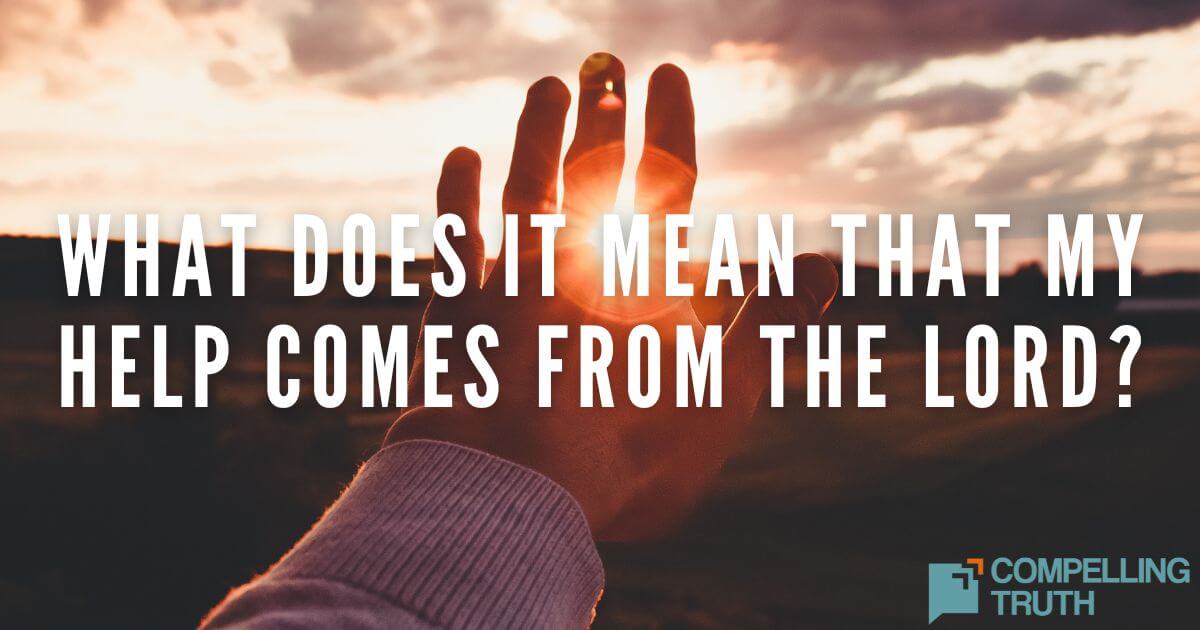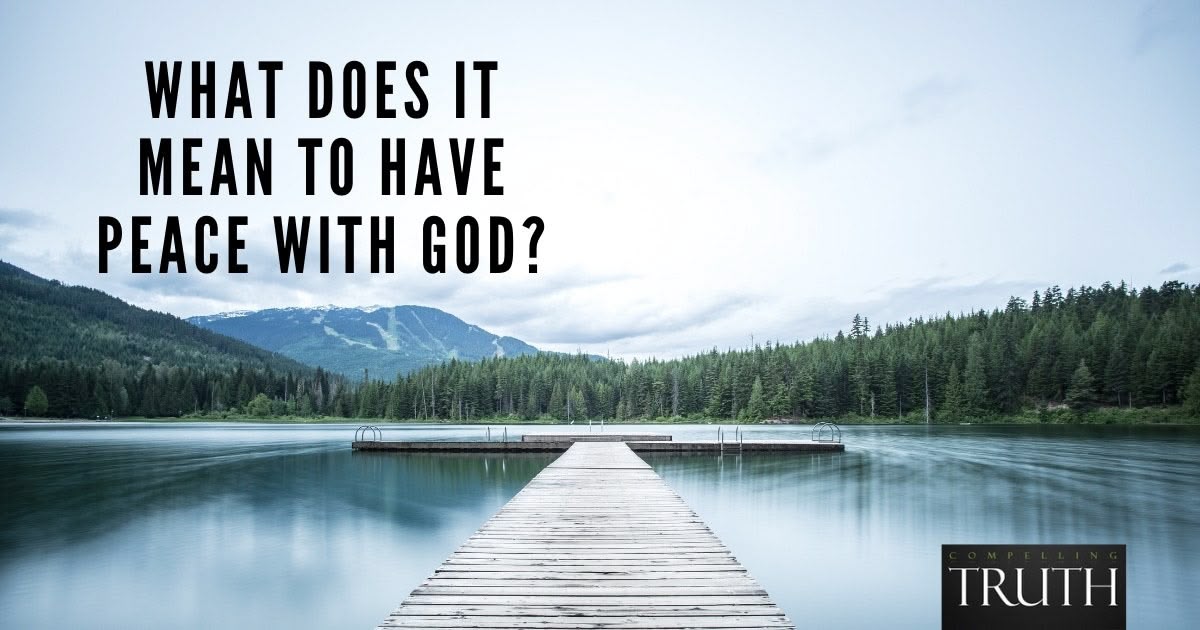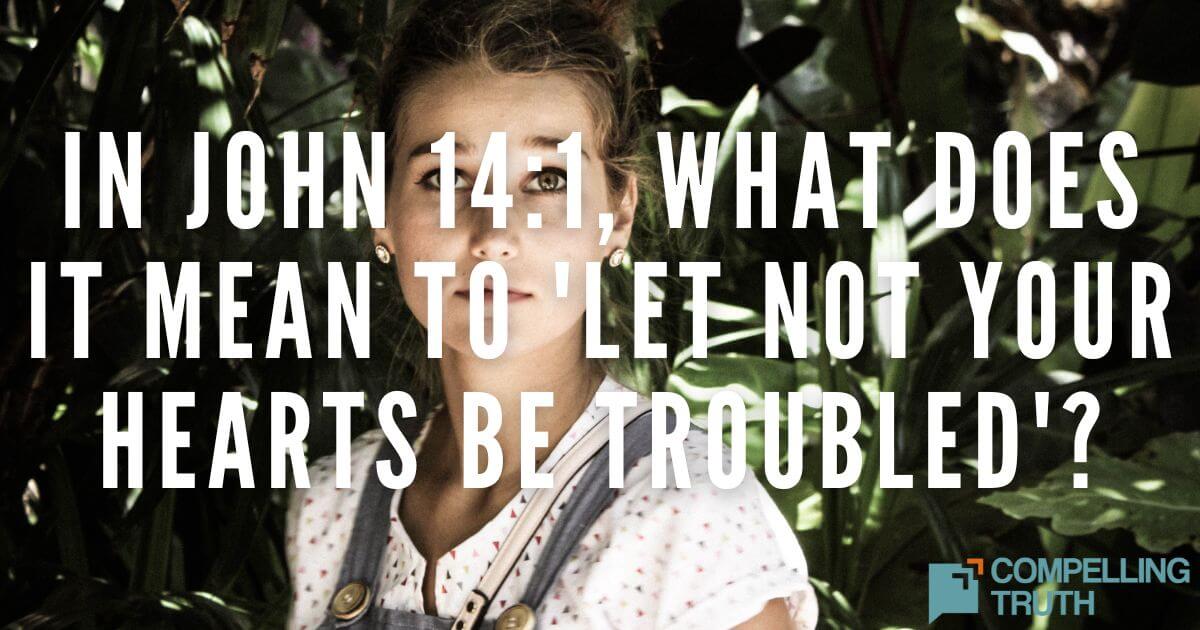Psalm 91:4 uses the metaphor of a bird covering and protecting its young to convey God’s protection and care for His people. The psalmist presents God as our refuge. This image of God as our protector is seen throughout the Bible. In the Hebrew scriptures, the cherubim’s wings covered the mercy seat of the ark of the covenant, the area where the high priest made atonement for the people once a year. This protected the people by providing atonement for sin. Since Jesus’ crucifixion, His blood covers us, providing the once-for-all atonement for our sins. As the wings in Psalm 91 protect the psalmist from danger, Jesus’ blood protects all who abide in Him by offering them everlasting life rather than punishment for sin. Believers no longer need to go to the mercy seat to meet with God; those who are in Christ have the indwelling Holy Spirit (Ephesians 1:13–14). We can commune with God at any time (Hebrews 4:14–16). Believers rest under God's wings by abiding in Christ, whom we know has “overcome the world” and has us in His loving care (John 16:33).
Life is perilous. Many people try to stay safe by wearing seatbelts, using home security systems, taking self-defense classes, and more. But, while often wise, no amount of safety precaution is sufficient to protect us from all life’s uncertainties nor from death. Only God can provide us with true assurance of love and security as His children. Even when bad things happen in life—death of a loved one, job loss, broken relationship, illness, etc.—we know we have a Heavenly Father who will support us through those difficulties. Even greater than this, once we are His, we are eternally secure. Through Christ’s death on the cross, believers can be assured that our sins won’t condemn us, that we will spend eternity with Him. In this way, we take refuge under Christ’s wings. This is why believers have a different perspective on life than nonbelievers: We know that no matter what tragedy befalls us, we can say, like Job, “my Redeemer lives” (Job 19:25). And because He lives, we are assured of His protection and care over those who are His. We can turn to Christ for strength and help during our times of need. We have confidence that Christ has “overcome the world” and that we are in His loving care (John 16:33).




